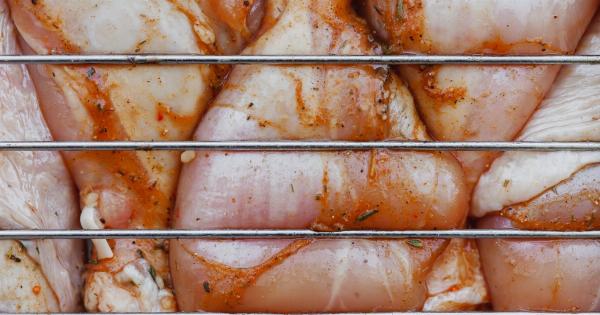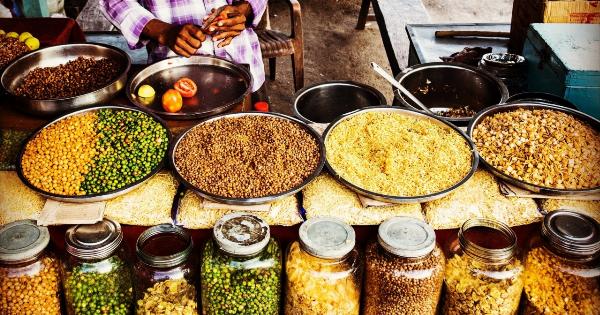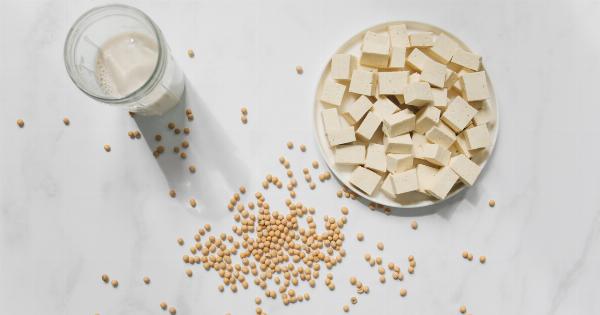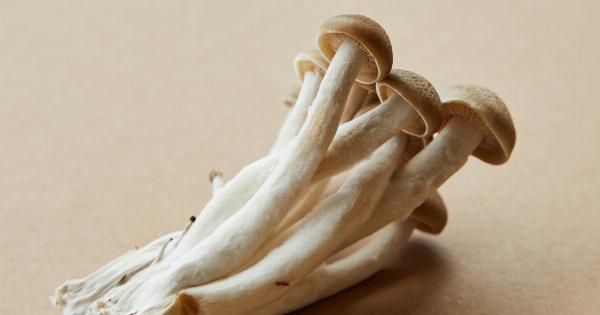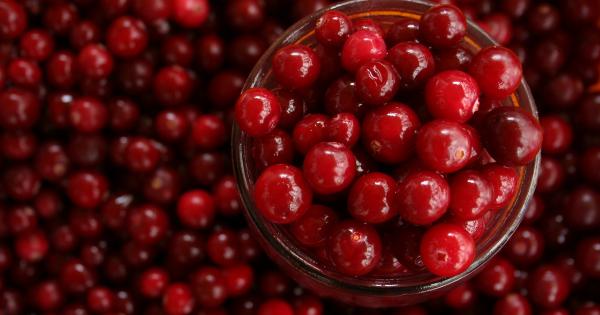When it comes to meeting your daily protein needs, most people tend to think of animal-based sources such as meat, eggs, and dairy products.
However, it may surprise you to know that there are also several protein-rich vegetables that can help you reach your protein goals, whether you follow a vegetarian or vegan diet or simply want to incorporate more plant-based protein into your meals. Including these vegetables in your diet can not only provide you with the essential amino acids your body needs, but also offer a wide range of other nutrients and health benefits.
Let’s dive into the top protein-rich vegetables you should consider adding to your meals.
1. Edamame
Edamame, or young soybeans, is a fantastic plant-based protein option. Just half a cup of cooked edamame contains approximately 11 grams of protein, making it an excellent addition to salads, stir-fries, or even enjoyed as a snack on its own.
Edamame is also packed with fiber, vitamins, and minerals such as calcium, iron, and folate.
2. Lentils
Lentils are a versatile legume that provides a great protein boost to any meal. With about 18 grams of protein per cooked cup, lentils are an excellent source of plant-based protein. They are also packed with dietary fiber, folate, and iron.
Lentils can be used in soups, stews, salads, or even made into veggie burgers for a delicious and nutritious meal.
3. Chickpeas
Chickpeas, also known as garbanzo beans, are a staple in many cuisines. One cup of cooked chickpeas contains approximately 15 grams of protein.
These legumes are not only rich in protein but also provide a good amount of fiber, folate, and minerals like magnesium and potassium. You can use chickpeas in curries, salads, hummus, or even roast them for a crunchy and flavorful snack.
4. Spinach
Spinach is not only highly nutritious but also boasts a fair amount of protein. With about 5 grams of protein per cooked cup, spinach is a great addition to salads, smoothies, or sautéed as a side dish.
Besides protein, spinach is rich in iron, vitamins A and C, and antioxidants that promote overall health and well-being.
5. Broccoli
Broccoli is not only a tasty vegetable but also a good source of protein. One cup of cooked broccoli provides around 4 grams of protein.
Along with protein, broccoli is an excellent source of vitamins C and K, dietary fiber, and other beneficial compounds. Incorporating broccoli into your meals, whether in stir-fries, soups, or roasted as a side dish, can help boost your protein intake.
6. Brussels Sprouts
Often underrated, Brussels sprouts are a nutrient powerhouse and a great source of plant-based protein. One cup of cooked Brussels sprouts offers approximately 4 grams of protein.
These mini cabbages also provide dietary fiber, vitamins A and C, and other essential nutrients. Whether you steam, roast, or sauté them, Brussels sprouts make a delicious and protein-packed addition to any meal.
7. Peas
Peas are not only a versatile vegetable but also a good source of plant-based protein. With around 8 grams of protein per cooked cup, peas offer a healthy dose of protein along with dietary fiber, vitamins, and minerals.
You can enjoy peas in soups, stews, stir-fries, or even as a side dish to increase your overall protein intake.
8. Asparagus
Asparagus not only provides a unique flavor but also contains a decent amount of protein. With about 5 grams of protein per cooked cup, asparagus is a beneficial addition to your meals.
It also offers essential vitamins, minerals, and antioxidants that contribute to its overall health benefits. Whether roasted, grilled, or added to salads, asparagus can add a protein punch to your diet.
9. Kale
Kale has gained immense popularity as a superfood, and for a good reason—it is loaded with nutrients, including protein. With approximately 3 grams of protein per cooked cup, kale can be a valuable addition to your meals.
It is also packed with vitamins A, C, and K, as well as fiber and antioxidants. Incorporate kale into your salads, smoothies, or sautéed dishes for a nutritious boost.
10. Artichokes
Artichokes may not be the first vegetable that comes to mind when thinking of protein sources, but they are surprisingly rich in this macronutrient. One medium-sized artichoke contains around 4 grams of protein.
These flavorful vegetables also provide dietary fiber, vitamins, and minerals. Whether steamed, grilled, or added to dips, artichokes can add variety and protein to your meals.
Incorporating these protein-rich vegetables into your meals allows you to diversify your protein sources and reap the many health benefits they offer.
Whether you are a vegetarian, vegan, or simply trying to incorporate more plant-based protein into your diet, these vegetables can play a crucial role in meeting your protein needs.

